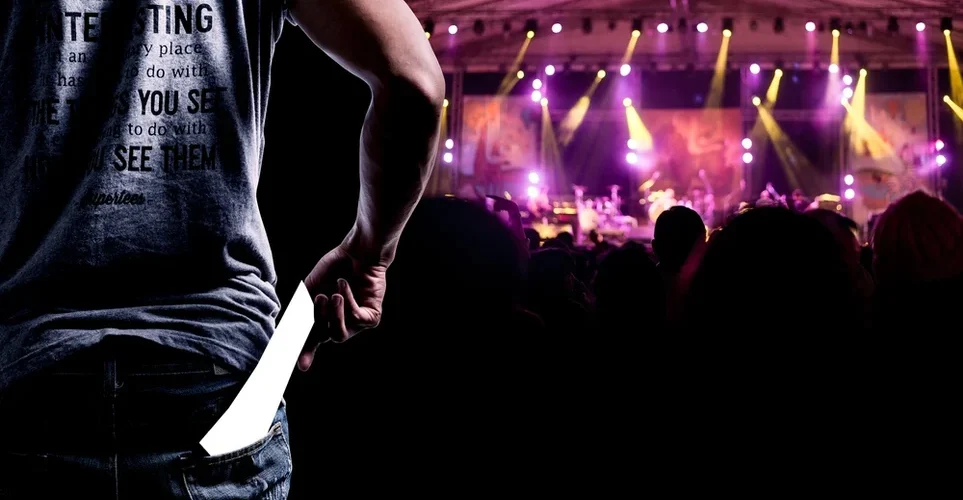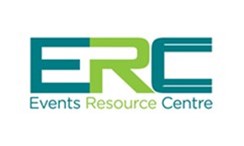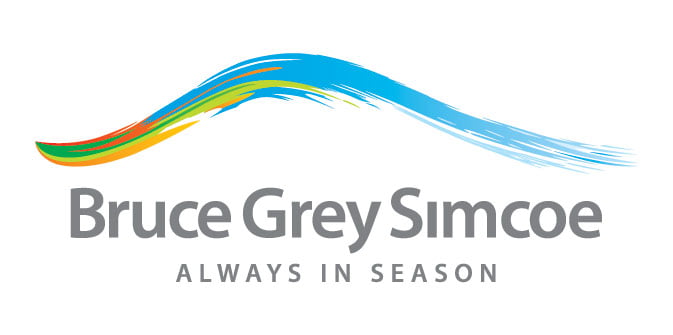
Every band has a horror story about a gig where nothing went right. Similarly, every promoter, talent buyer, and festival organizer has a horror story about a band that made their lives miserable.
My primary occupation is playing music in an original band. However, I'm also a part of a volunteer board that organizes a concert series and festival. Having both of these experiences has given me a good look at what makes an event a great experience for everyone. It should be engaging and challenging to organize – but not a headache. It should be a joy to play, a comfortable experience that allows an artist to give their best performance.
So how do you go about booking a band? Read on.
When you’re booking the band
1. Reach out through the proper channels
You can find out how to book most bands through their website. If a band has a booking agent listed, book them through the agent. If the band is big enough that they don't have a booking contact number on their website, try Googling "[Band Name] - Agent." You should be able to figure it out. If they don’t have an agent, book them through the email or phone number provided on the website.
Without an agent, emailing or calling are the best ways to book a band. If you try to book a band through their Facebook, the message may not be seen for a while or it may get lost among other messages. Also, booking a band through someone’s personal Facebook seems a little unprofessional and can be confusing. If someone tries to book my band through my personal or band Facebook, I always send them to our email.
If you're doing open submissions, consider using Sonicbids to put your performance opportunity out there. It makes the process of going through submissions much easier when every band has a full EPK to look through. You can also search and directly message bands on Sonicbids, even if you don't have a gig listing up.
2. Include a reasonable amount of information in your pitch
Basically, all a band needs to know at first is: where is it, when is it, what is it, and your budget. But also provide a little information on what sound and lighting will be provided, what hospitality will be accommodated, and any other details that may deviate from the norm are appreciated.
3. Expect some negotiating from the band or their agent
Bands and agents will always try to get the best price possible. It’s just the way of the world. If you have a certain budget to stay within, you can always tell the band that, and they may try to make it work.
If you’re asking for a quote, agents will always tell you a number that is much higher than what you can actually get the band for. Try asking around to other promoters and see what they’re paying for the same band.
This is why it’s important to go through an agent if the band has one. The whole process is made more formal, and then once it’s booked, there’s nothing awkward when it comes to dealing with the money.
[How Flexible Should Bands Be With Their Guarantee When Booking a Show? A Venue Owner's Perspective]

4. Try to send as much information as possible in just a few emails
There are two things that are frustrating when you’re playing a show: way too much information, and way too little.
The band needs to know what time to load in, what time to soundcheck, where they're going, what backline is provided, where they're staying, what they're eating, what they can do for merch, and that’s pretty much it.
These things don't need separate emails, but people will understand if some things are figured out before others. There have been promoters that have sent us emails once or twice a week for a month leading up to the show, and this can be very annoying.
On the other hand, every once in a while, we’ll have a festival slot booked and have literally no information about anything. We just have to figure it out from the website. Not the end of the world, but a little stressful if we screw up.
5. Hire a great production company and make sure they have what they need
In my opinion, the production adds as much value to your event as the band does. Making sure the sound and lights are great will make a band excited to play and make audience members say, "Wow!"
The company will need stage plots and tech riders from the bands. Make sure you get those to them.
6. Let the band know the technical details
Is there a soundcheck? Line check? What's available for backline? Do the bands need to bring their own mics? These are crucial bits of information that too often get left out.
When the band arrives
1. You don’t need to fill every single thing on a band’s hospitality rider
Many promoters booking larger bands are surprised by what's on the band’s rider. I've talked to first-time festival organizers who were very stressed out by the extra money and time they were putting into filling hospitality riders.
You don’t need to do this. One or two things from the rider are very nice. If you fill more, great, the band will love you forever.
The biggest things that will make a band feel welcomed are accommodations and food. Buying hotels is very expensive, and we’re always grateful for a nice place to crash. Being fed well helps the band play better.
Food and accoms should be discussed while the fee is being negotiated. They should be part of the contract.
2. If you’re nice to the bands, you’ll be able to get more great bands
As I said, you don’t need to fill every item on a rider. That being said, the better you treat the bands, the more they’ll talk to their agents and other artists about how well they were treated.
As an artist, it’s always nice to hear from other artists about the great food, fun backstage area, and nice accommodations. It makes us more likely to travel for the gig!
3. A couple guests per band member goes a long way
Bands use guest lists for a number of reasons: inviting industry people to the event (agents, managers, etc.), bringing family along, or bringing an SO along to the gig. Providing one or two guest list spots per band member is very much appreciated.
Get yourself some good karma!
Being organized and treating bands well will pay itself back to you in the form of word of mouth to other artists, better performances from the artists you’ve booked, and a more enjoyable experience for everyone involved.
I think you can really tell when an artist is enjoying being at an event, and when he or she's just there for the money. Get the performance you’ve paid for by making sure everyone’s happy!


